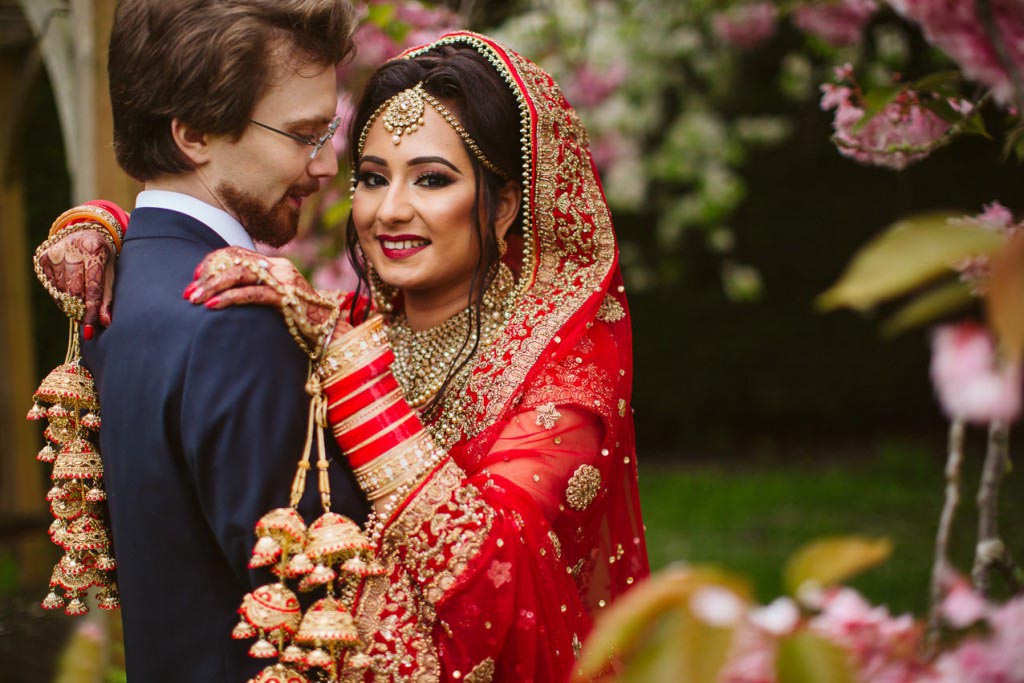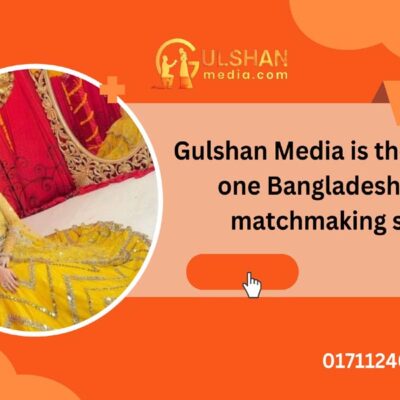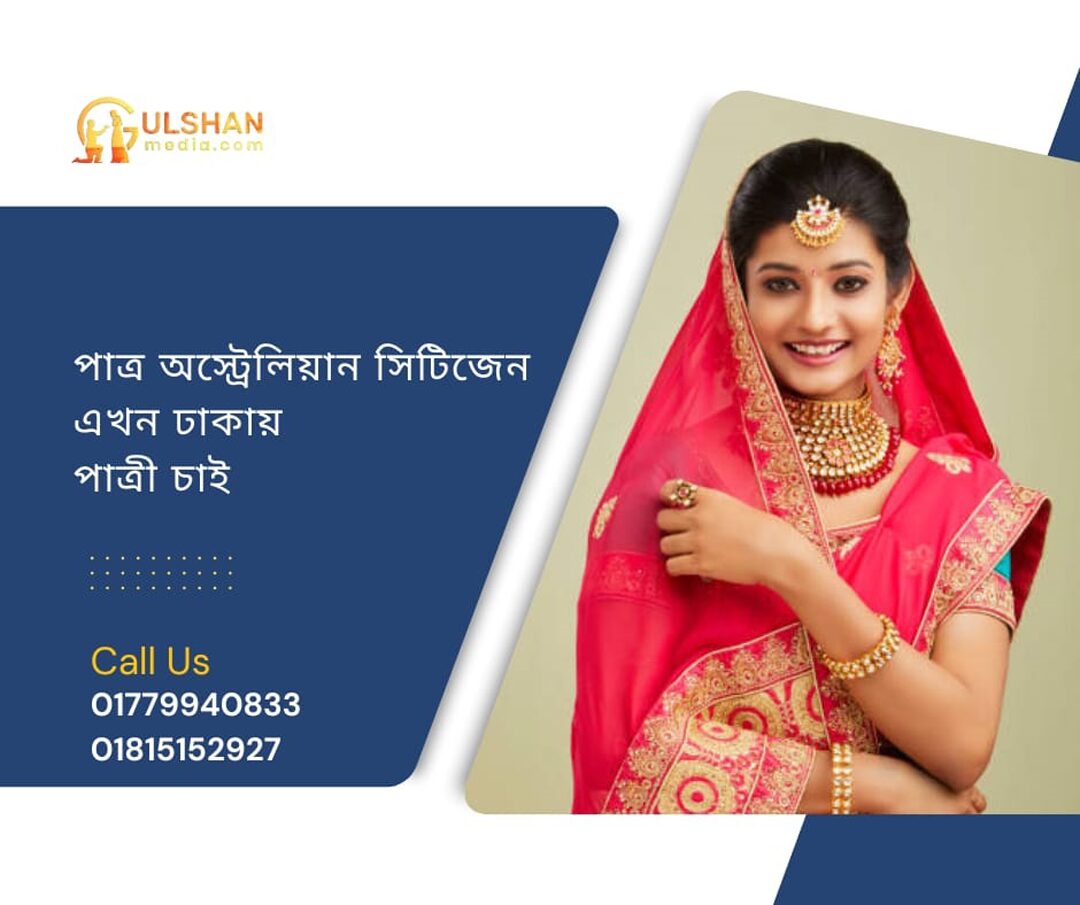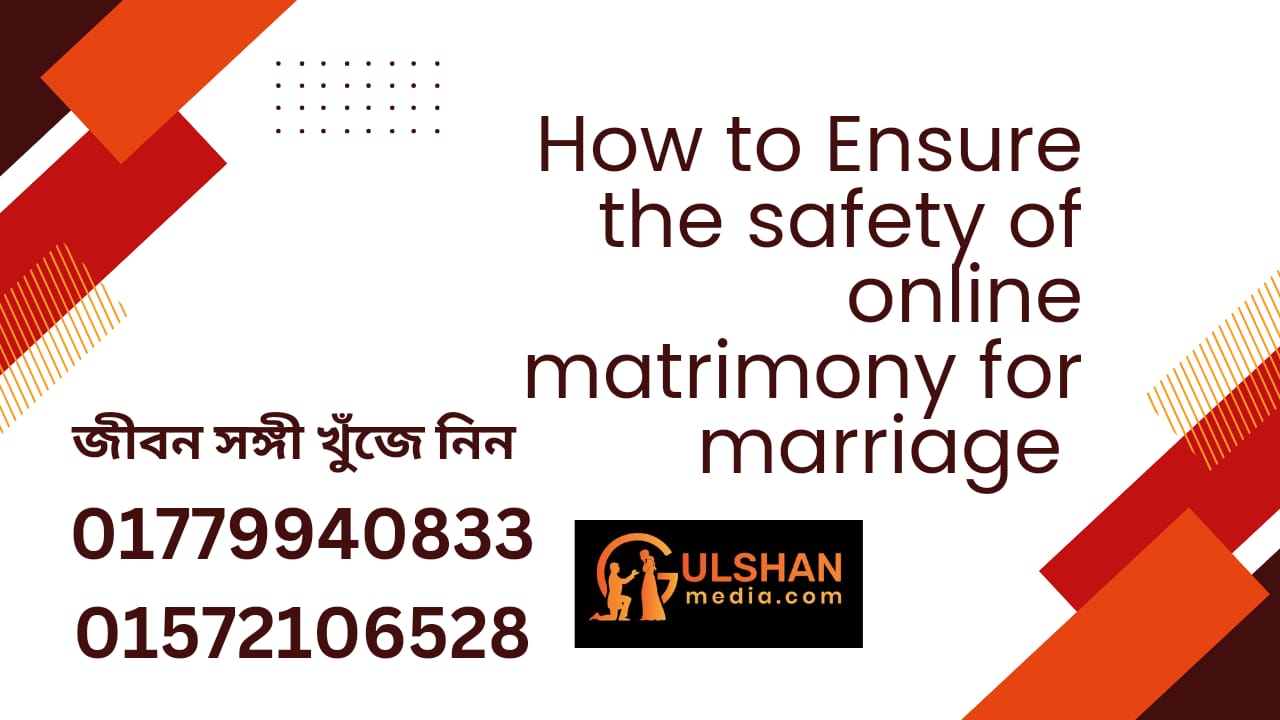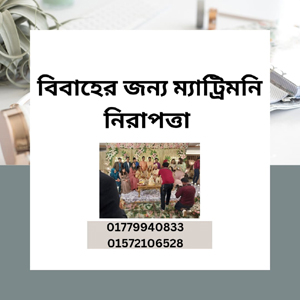TRENDING NOW
গুলশান মিডিয়া ডট কম ম্যাট্রিমনি সার্ভিস ফেনী
January 27, 2024
গুলশান মিডিয়া ডট কম ম্যাট্রিমনি সার্ভিস ফেনী ম্যাট্রিমনি সার্ভিস হল এমন পরিষেবা যা লোকেদের...
What to do to be an ideal husband & wife?
April 30, 2023
What to do to be an ideal husband? Being an ideal...
How is mental health after marriage?
May 1, 2023
How is mental health after marriage? Marriage is a...
Gulshan Media is the number one Bangladeshi elite matchmaking site ?
Gulshan Media is the number one Bangladeshi elite matchmaking site ?...
Bangladeshi top 3 matrimony site
Bangladeshi top 3 matrimony site Bangladeshi top 3 matrimony site,...
Top 4 matrimonial site in Bangladesh 2025
Top 4 matrimonial site in Bangladesh? 2025 matrimonial site in...

Gulshan Media
The largest and most successful matchmaking service for Elite
CATEGORIES
RECENT
No1. Matrimony platform Gulshan media2025
May 8, 2025
Best matrimony service in Melbourne 2025
March 26, 2025
Top marriage media in Gulshan media 2025
March 24, 2025
MOST POPULAR
How to ensure the safety of online matrimony for marriage
How to Ensure the Safety of Online Matrimony for Marriage...
মানুষের জীবনে বিয়ের প্রয়োজনীয়তা কি কি ?
মানুষের জীবনে বিয়ের প্রয়োজনীয়তা বিবাহ হলো দুইজন মানুষের...
Quick Links
Category
Gulshan Media is the Bangladeshi oldest and most successful Matrimony / Matrimonial / Marriagemedia / Matchmaking service, has been trusted since 2005.





